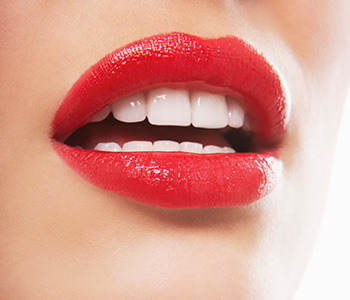

11
Oct
Dental team of Fredericksburg describes the difference between cosmetic bonding and veneers

The Virginia Biological Dentistry team in Glen Allen, Virginia helps patients in and around Fredericksburg and the surrounding area have the smiles of their dreams with cosmetic dentistry. Dr. Hart and the team may suggest treatments such as cosmetic bonding or dental veneers. Though both provide similar improvements, they are different in many ways.
Dental bonding is a tooth-colored composite resin commonly used to repair teeth and cover imperfections. Applied to natural tooth structure, this material is shaped, hardened, filed, and polished to fix chips, cracks, and other breakage that occurs naturally over time or as the result of trauma. Patients may also use dental bonding to improve permanently stained or unusually shaped teeth. Composite resin material usually lasts a few years and may be susceptible to staining from foods, drinks, and habits such as smoking and chewing tobacco.
Made from ceramic materials, porcelain veneers are very thin and custom-fabricated to adhere to the front of a tooth. Similarly to dental bonding, veneers camouflage imperfections. Unlike bonding, porcelain veneers cover crooked teeth, are less susceptible to stains, and last several decades with proper care.
Patients who are interested in improving how their smiles look may be introduced in both of these options. It’s your choice! In most cases, composite resin dental bonding is best if you want a temporary and economical solution. Porcelain veneers may be attractive to you, because of their long-term durability and stain-resistance.
The Virginia Biological Dentistry team is here to help patients choose the best solution for the beauty and health of their smiles. Schedule a visit today with Dr. Hart and find out whether dental bonding or porcelain veneers are better for your unique situation.










